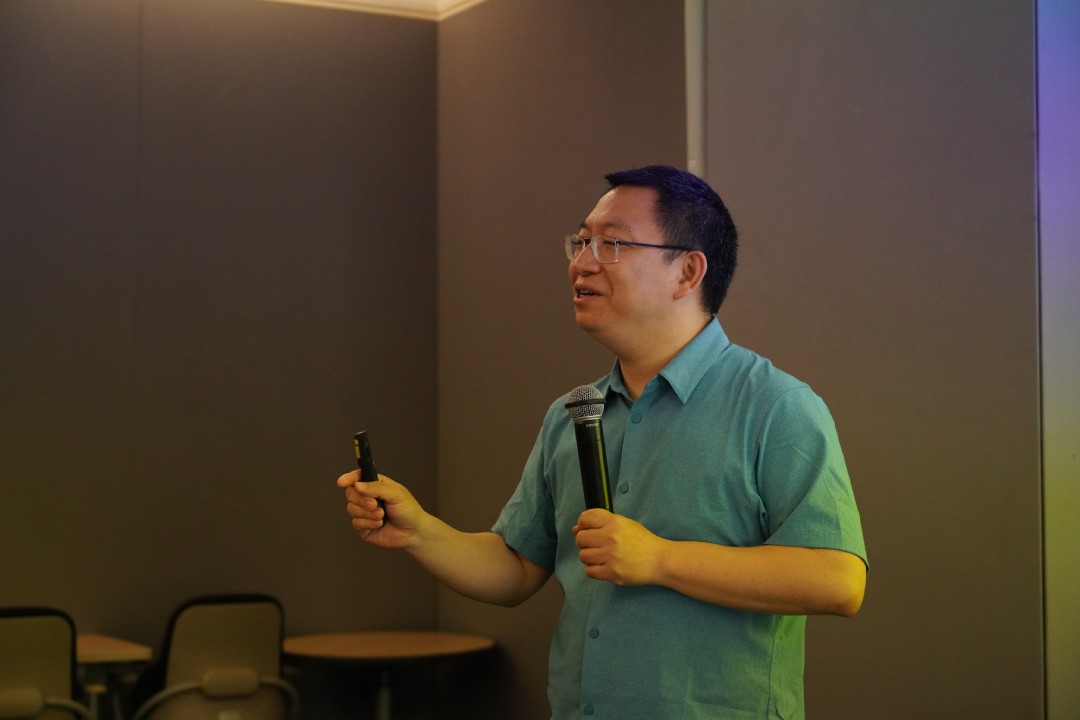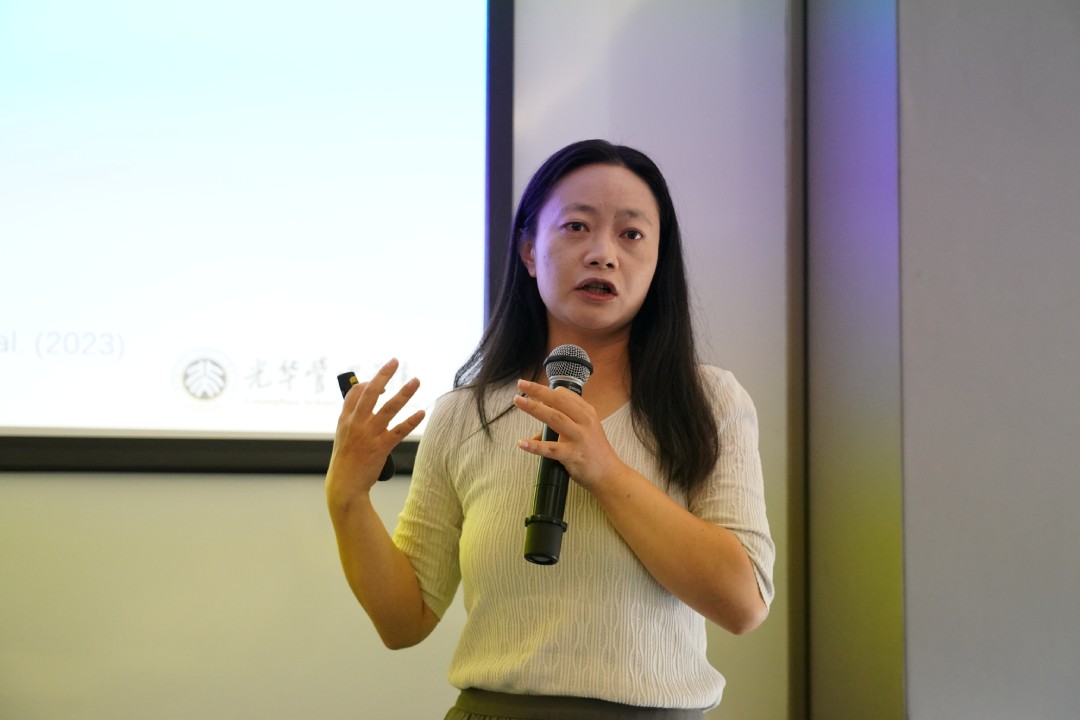

BEIJING - OpenAI has released the new GPT-4o model, further enhancing its multimodal real-time interaction capabilities. The rapid development of artificial intelligence is significantly impacting society, with applications expanding continuously. However, its progress faces challenges in safety, reliability, and the changing employment landscape, which demands new approaches to talent development.
On May 14, the second session of the "Guanghua Scholars' Salon" was held at Peking University's Guanghua School of Management, themed "Opportunities and Challenges of Artificial Intelligence." Professors Weng Xi and Meng Juanjuan shared their insights.
Initiatives like "Artificial Intelligence+" and "Data Elements×" are narrowing the gap between China's AI development and that of other countries. Professor Weng highlighted China's strong ability to apply AI in specific industries such as finance and marketing. He noted that Chinese society's inclusiveness toward AI development facilitates its broader application.

Professor Weng Xi makes a speech at the second session of the "Guanghua Scholars' Salon” at Peking University's Guanghua School of Management, Beijing, Capital of China, May 14, 2024. (Zhang Andi/Guangming Online)
Weng identified computing power, algorithms, and data as the three key elements of AI. With China recognizing data as a new production factor, its potential is being gradually unlocked. This positions China well for the future expansion and implementation of AI technology, particularly through encouraging AI applications in various industries.
Weng suggested that educational reforms are necessary to adapt to AI's future development. Emerging professional courses should address real-world needs, focusing on cultivating interdisciplinary talents skilled in both computer science and economic management, and familiar with specific industries.
Professor Meng discussed AI's impact on human behavior and social equity. She emphasized that while AI can significantly improve efficiency, human attitudes toward AI influence its adoption. Research indicates a shift from "algorithm aversion" in the pre-GPT era to a potential "algorithm preference" in the post-GPT era, as AI becomes more human-like.

Professor Meng Juanjuan makes a speech at the second session of the "Guanghua Scholars' Salon” at Peking University's Guanghua School of Management, Beijing, Capital of China, May 14, 2024. (Zhang Andi/Guangming Online)
Meng noted that AI's impact on social equity is complex. While AI may exacerbate inequality by substituting labor, it can also empower decision-making, leveling worker performance and reducing inequality. In the product market, AI can offer higher quality goods and services at lower costs, and personalized recommendation algorithms can prevent a "winner-takes-all" scenario, giving small and medium-sized enterprises more opportunities. AI's neutrality can also reduce human biases and promote social equity.
AI is a hot topic, offering unprecedented development opportunities for both enterprises and individuals. Peking University's Guanghua School of Management is actively researching the social science implications of AI. They are exploring AI's societal impact, the boundaries of technology, solutions to social problems, and the deep application and cutting-edge practices of AI across various industries.
点击右上角![]() 微信好友
微信好友
 朋友圈
朋友圈

请使用浏览器分享功能进行分享
